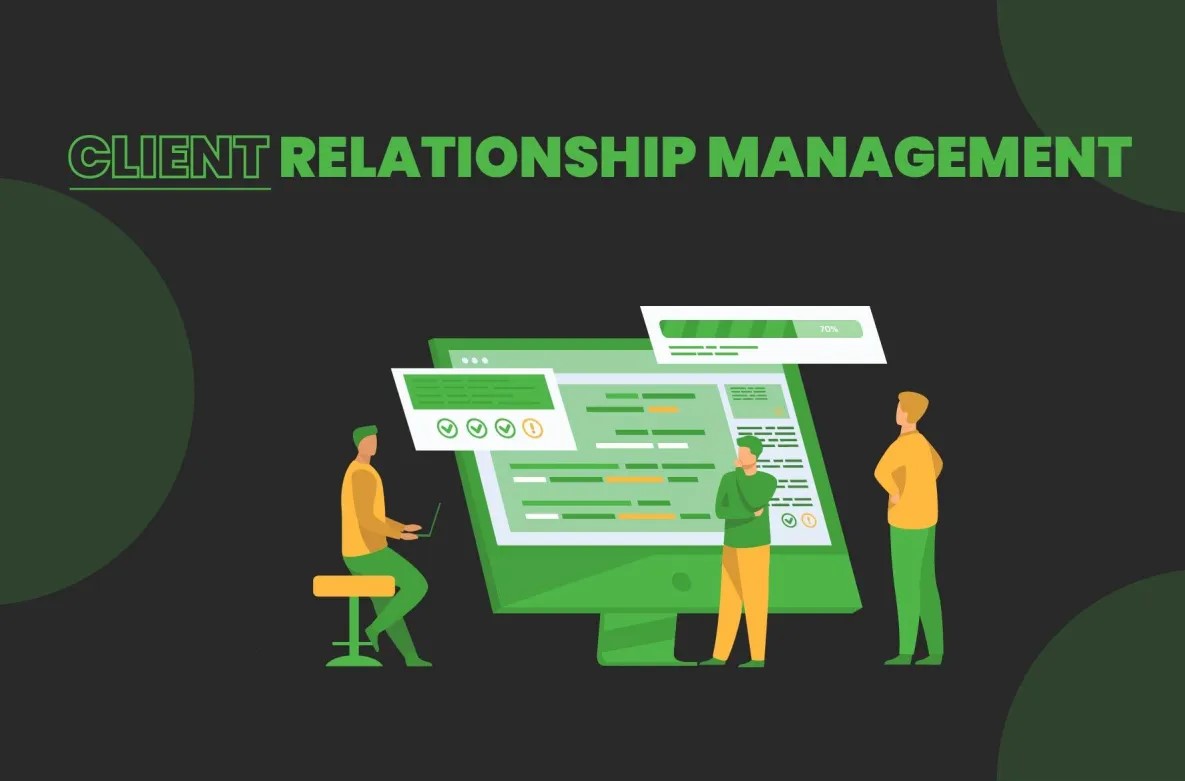
In order to manage interactions with their clients, customers, and prospects, businesses use client relationship management (CRM), a strategic approach and set of practises. Building and maintaining solid, long-lasting relationships with customers is the main objective of CRM in order to increase customer satisfaction, loyalty, and ultimately profitability. CRM uses people, processes, and technology to gather, analyse, and use customer data to enhance business relationships.
Important facets of client relationship management are as follows:
Data collection is the process of gathering and archiving details about customers, including their contact information, purchase history, preferences, and other pertinent information. Numerous touchpoints, including websites, emails, social media, and in-person interactions, can be used to collect this data.
Customer segmentation is the process of classifying customers based on factors like demographics, purchasing patterns, or preferences. This makes it easier to target particular customer segments with marketing and sales efforts.
Automation: A lot of CRM systems provide automation for common tasks like lead nurturing, managing appointments, and sending follow-up emails. Time is saved through automation, and interactions with customers are consistent.
Sales and marketing: CRM systems frequently integrate with sales and marketing tools, assisting companies with lead management, sales opportunity tracking, and more efficient marketing campaign execution.
Customer Support: CRM can include tools for managing customer support interactions, including monitoring support tickets and making sure that customers receive prompt responses to their questions.
Analytics: To assist businesses in drawing conclusions from customer data, CRM software frequently offers analytical capabilities. This may entail spotting trends, predicting sales, and gauging the effectiveness of marketing initiatives.
Personalization: CRM enables the personalization of customer interactions. For instance, customising product recommendations or marketing messages based on customer data.
Customer Retention: One of the main objectives of CRM is to keep current clients by offering excellent service, attending to their needs, and making sure they are satisfied. Customers who are happy with a product or service are more likely to recommend it to others.
Customer Loyalty: Fostering positive relationships with clients can result in a rise in client loyalty. Repeat business and customer referrals are common behaviours of loyal clients.
Feedback and Improvement: CRM systems can make it easier to gather customer feedback, which can be used to enhance goods, services, and client interactions.
CRM relies heavily on effective communication. CRM tools are used by businesses to control communication with clients via email, phone calls, and social media.
Numerous software options, from straightforward tools for small businesses to comprehensive enterprise-level systems, can be used to implement CRM. These systems can be on-premises or in the cloud, and they can be tailored to the particular requirements of the company.
Effective client relationship management can improve a company's understanding of and ability to serve its clients, boost sales, lower customer churn, and ultimately contribute to long-term success.
To more help visit our site: https://www.simplefastfunnels.com/

No comments yet